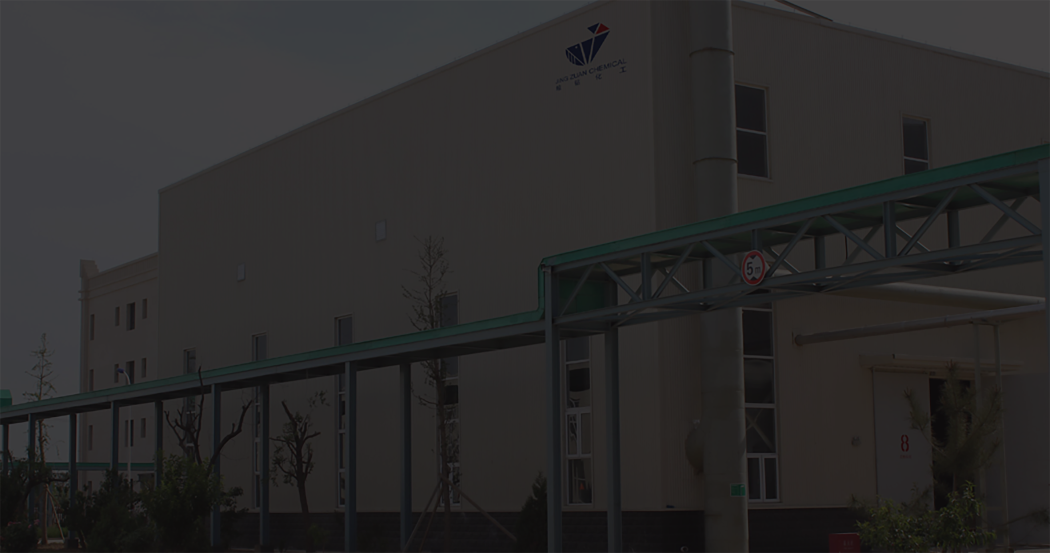
Oct . 09, 2024 11:08 Back to list
Exploring Diverse Applications of HPMC in Various Industries and Innovations
Exploring HPMC Applications A Versatile Polymer for Modern Industries
Hydroxypropyl Methylcellulose (HPMC) is a versatile and widely used cellulose derivative that has found applications across various industries due to its unique properties. Originating from cellulose, HPMC is a non-ionic polymer characterized by its water solubility and thickening ability. Its versatility stems from its capacity to modify the properties of solutions and dispersions, making it an essential ingredient in numerous products.
Exploring HPMC Applications A Versatile Polymer for Modern Industries
In the pharmaceutical sector, HPMC plays a crucial role as an excipient in tablet formulations and drug delivery systems. Its film-forming properties allow for the production of sustained-release formulations, ensuring that active ingredients are released gradually in the digestive system. This feature is particularly beneficial for patients requiring long-term medication as it enhances compliance and effectiveness. Moreover, HPMC is often used in ophthalmic solutions due to its ability to maintain moisture, providing comfort in eye care products.
hpmc applications

The construction industry also benefits significantly from HPMC. It is commonly used as a thickening and binding agent in cement and gypsum-based products. The addition of HPMC improves the workability of mortars and plasters, allowing for easier application and enhanced adhesion properties. Additionally, it helps control water retention, ensuring optimal curing conditions for concrete. With the growing focus on sustainable construction practices, HPMC's role as a biodegradable binder is gaining attention, making it a promising alternative to traditional materials.
In the cosmetic and personal care industry, HPMC serves as a thickener and stabilizer in various formulations, including lotions, creams, and gels. Its ability to provide a smooth texture while enhancing product stability is highly valued. Furthermore, it is often used in hair care products, where it improves the consistency and application of shampoos and conditioners.
Finally, in the realm of 3D printing, HPMC has emerged as a promising material due to its favorable rheological properties. It can be used as a binder in various printing processes, facilitating the production of intricate designs and structures. As additive manufacturing continues to evolve, HPMC is poised to play a crucial role in expanding the potentials of this innovative technology.
In conclusion, Hydroxypropyl Methylcellulose is an indispensable polymer with diverse applications across multiple industries. Its ability to enhance texture, control viscosity, and improve stability makes it a vital ingredient in foods, pharmaceuticals, construction materials, cosmetics, and even cutting-edge technologies like 3D printing. As research continues to explore new applications and formulations, HPMC is likely to remain at the forefront of innovation, contributing to advancements that enhance product quality and performance.
-
Versatile Hpmc Uses in Different Industries
NewsJun.19,2025
-
Redispersible Powder's Role in Enhancing Durability of Construction Products
NewsJun.19,2025
-
Hydroxyethyl Cellulose Applications Driving Green Industrial Processes
NewsJun.19,2025
-
Exploring Different Redispersible Polymer Powder
NewsJun.19,2025
-
Choosing the Right Mortar Bonding Agent
NewsJun.19,2025
-
Applications and Significance of China Hpmc in Modern Industries
NewsJun.19,2025







